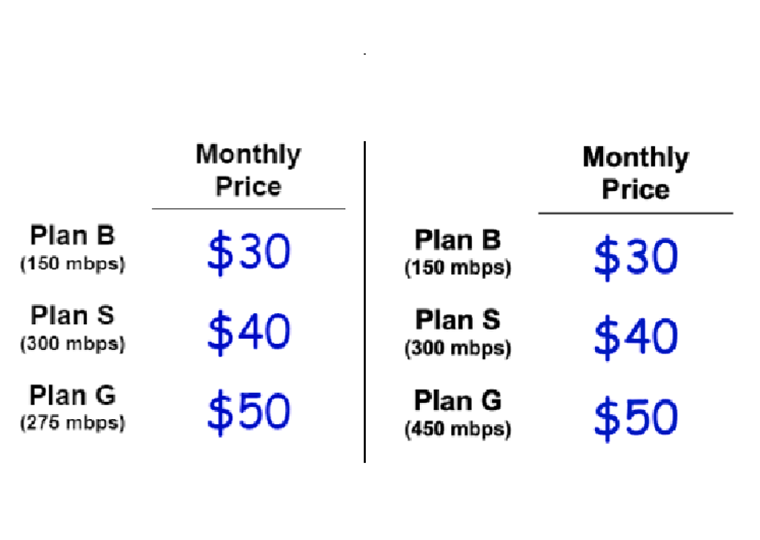It’s worse in conservative neighborhoods and good reviews don’t help enough
Much has been written about discrimination against renters and riders in the sharing economy. Studies indicate that racial minority Uber passengers are subject to longer wait times and more frequent cancellations than nonminority passengers. Black people with African-American-sounding names are less likely to get an Airbnb reservation than applicants with white-sounding names, according to numerous reports and studies.
But is the reverse true? Far less studied is discrimination against — not the customers —- but the suppliers of goods and services in the sharing economy.
A working paper by UCLA Anderson’s Yiyang Zeng, a Ph.D. student, examines the presence of discrimination against racial minority Airbnb hosts and the impact it might have on their profits and survival. His findings suggest that Black, Hispanic and Asian Airbnb hosts experience lower demand than white hosts. They list their Airbnbs for lower prices, on average, and have fewer bookings than their white counterparts. The analysis indicates that racial minority hosts drop out with higher frequency than their white counterparts.
Zeng also examined whether location — specifically whether political ideology in specific locales — affects consumer demand for Airbnbs operated by racial minority hosts. His findings suggest that discrimination is greater in ZIP codes known to be more conservative. His analysis also suggests that the methods Airbnb customers use to rate and recommend housing to each other does not mitigate the discrimination against racial minority hosts and generally benefit white hosts more than non-white hosts.
The study could help highlight ways in which companies like Airbnb might curb discrimination on their platforms. The analysis could also inform prospective Airbnb hosts about where to locate their rentals to get the best results.
Airbnb Tries to Reduce Discrimination Against Guests
At the end of 2023, Airbnb had more than 5 million hosts in more than 100,000 cities and towns worldwide. The typical Airbnb host in the U.S. made about $14,000 annually. About 140,000 Airbnb hosts in the U.S. are racial minorities.
In the wake of reports of discrimination against guests, Airbnb has taken steps to mitigate the problem. It expanded a feature called “instant booking” that allows guests to book an Airbnb without being vetted by hosts. Guests are only required to identify themselves either by their first names only or — more recently — by their first initial. Airbnb also has changed its policies so that hosts are not able to see profile pictures of prospective guests until after they’ve made a reservation. Hosts can choose whether to post a profile picture of themselves.
The company has not similarly addressed prejudice against minority hosts. In an Airbnb chat room, some hosts say they believe they’ve encountered discrimination. One New York host said he suspects discrimination when prospective guests want to make sure his neighborhood is safe or ask to visit before they book. Other hosts feel compelled to display their own photos but worry that prospective guests might discriminate against them based on how they look.
Zeng’s study is based on an analysis of all Airbnb listings, reviews and calendar information across the U.S. beginning in May 2015, when a nonprofit group, Inside Airbnb, began scraping the Airbnb data on a monthly basis. It extends to April 2023. Over that period, Zeng analyzed average prices and average booking times, adjusting for myriad features like numbers of rooms, types of beds and amenities; host characteristics (such as whether a host is a “Superhost”); numerical ratings and written reviews. To determine the race and demographics of Airbnb hosts, Zeng took a name-based inference approach; Airbnb hosts usually identify themselves by their first names. Using econometric models and natural language processing techniques, he matched host race to performance.
Leaving Airbnb
His findings indicate that — within the same ZIP code — Asian, Black and Hispanic hosts charge 5.3%, 1.5% and 3.5% less, respectively, on average than white hosts. They receive 2.2%, 8.5% and 1.7% fewer bookings, respectively, than white hosts. In terms of tenure, Zeng’s analysis suggests that Asian hosts have an 8.5% higher probability of quitting the business than white hosts. Black hosts have an 11.9% greater probability and Hispanic hosts, a 5.6% greater probability of dropping out.
Zeng’s ZIP code-level analysis adds to recent research on the impact of political polarization on businesses. Zeng’s examination suggests that consumer demand weakens for racial minority Airbnb hosts as locations become more conservative. Asian hosts have 8.8% fewer bookings on average, in conservative ZIP codes than in liberal ZIP codes. Hispanic hosts have 3.9% fewer bookings. “Black hosts have a particularly hard time recruiting guests,” Zeng writes, with 10% fewer bookings than white hosts even in more liberal ZIP codes.
Reputation systems — based on numerical ratings and written reviews — are thought to be a way to counter discrimination on peer-to-peer sharing platforms. But they may have an opposite effect, according to a 2021 article in the Socio-Economic Review. The article was based on a study of how reputations are formed on a motorcycle sharing platform. The study found that reviews can work against racial minority motorcycle renters because they aren’t able to accumulate as many ratings as nonminority renters.
Airbnb hosts are rated on a scale of one to five stars. Zeng’s analysis indicates that white Airbnb hosts benefit more than racial minority hosts from positive numerical reviews. A percentage point increase in numerical ratings for white hosts leads to a greater increase in price and bookings. Positive written reviews have little effect on closing the performance gap between white and racial minority hosts, except in conservative ZIP codes where they enable Black hosts to increase prices and bookings, according to Zeng’s analysis. However, in rarer cases where written reviews contain “fearful” sentiments, bookings for Black hosts’ listings drop sharply. Overall, Zeng’s research highlights that there is much to be done for online reputation systems to foster a fair marketplace that supports entrepreneurship among racial minorities.
Featured Faculty
-
Yiyang Zeng
Ph.D. candidate in Strategy
About the Research
Zeng, Y. (2024). Navigating Racial Bias in the Sharing Economy: Heterogeneity and Mechanisms.






